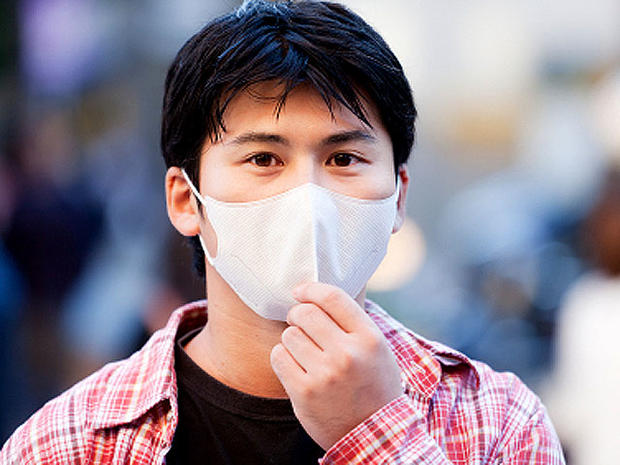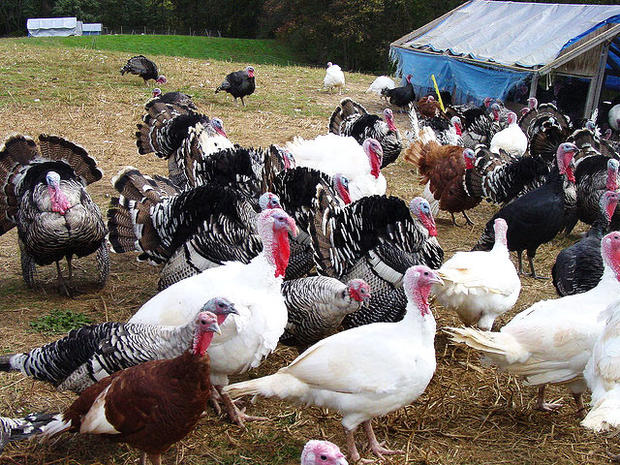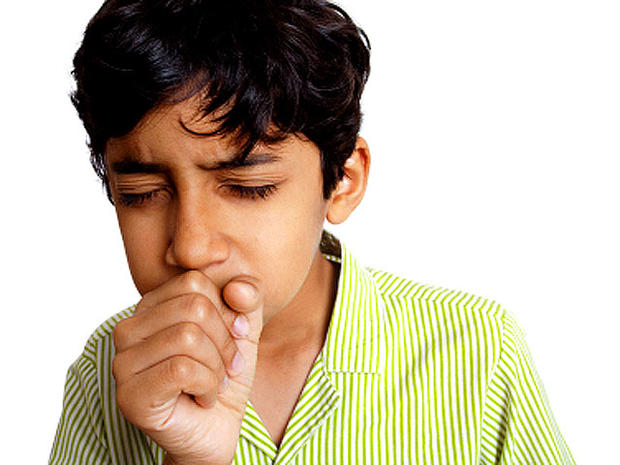Bird flu self-defense: 7 key questions answered
Is bird flu making a comeback? The U.N.'s Food and Agriculture Organization (FAO) said on August 29 there was evidence that a mutant strain of the H5N1 avian influenza virus was spreading in Asia and beyond, "with unpredictable risks to human health." The CDC says H5N1 poses no threat in the U.S. - at least at this point. Still, Americans are newly curious about bird flu, which according to the FAO has infected 565 people and killed 331 since it first appeared in 2003.
What is bird flu?
It's an illness caused by avian (bird) influenza viruses. These viruses affect both wild and domesticated birds, including chickens, ducks, and turkeys. The birds shed virus particles in their saliva, nasal secretions, and feces. People who have close contact with infected birds can get sick - and could possibly spread the virus to other people.
Where has bird flu been found?
Human cases of avian influenza have been reported in more than a dozen countries. In 2011, cases have been reported in Bangladesh, Cambodia, Egypt, and Indonesia, according to the World Health Organization.
What are the symptoms of bird flu?
Fever, cough, sore throat, and other mild flu-like symptoms are common. But avian influenza can also cause eye infections and severe respiratory problems, including pneumonia. These can be life-threatening.
How is the infection treated?
The virus that caused human illness and death in Asia is resistant to two medications commonly used to treat other forms of flu, amantadine and rimantadine. Two other antiviral medications, oseltamivir (Tamiflu) and zanamivir (Relenza) would probably work, the CDC says. But more research is needed.
Do flu shots prevent bird flu?
No. Getting a seasonal flu shot doesn't protect you against avian influenza.
Can I get bird flu from eating poultry or eggs?
You cannot get bird flu from eating or preparing poultry or eggs. Even if the eggs or poultry were contaminated, proper cooking would kill the virus. To minimize risk, wash your hands with warm, soapy water for at least 20 seconds before and after handling raw poultry or eggs. Clean cutting boards and other utensils to prevent cross-contamination. Cook eggs until whites and yolks are firm, and use a food thermometer to ensure that poultry is cooked to a temperature of at least 165 degrees Fahrenheit.
Is it safe to keep a few chickens?
Yes. In the U.S., there is no evidence of any risk associated with keeping a flock of chickens.







